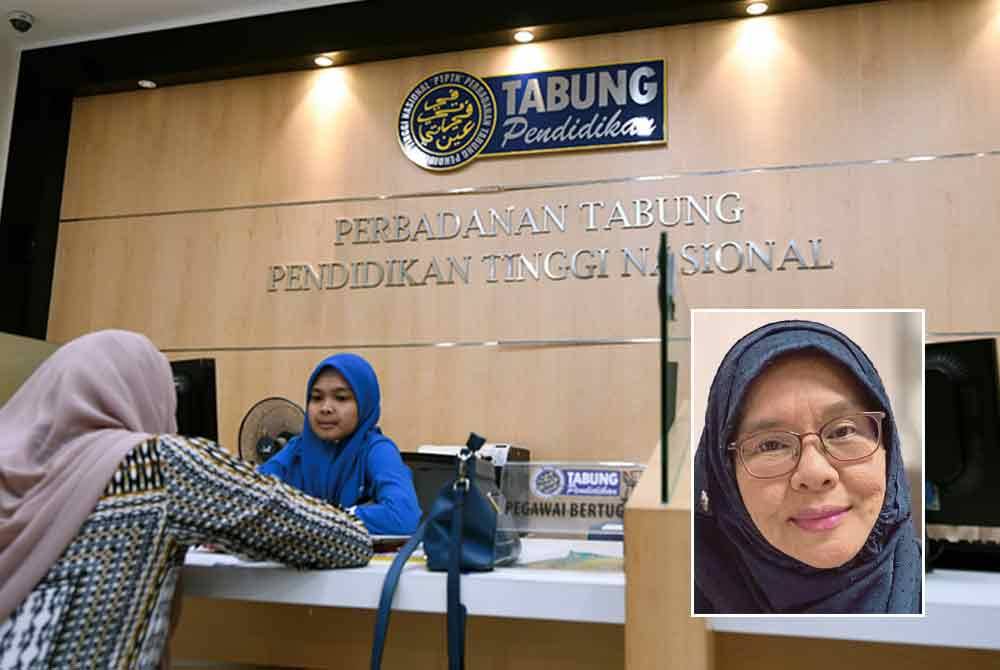Will blacklisting and travel bans curb PTPTN defaults?
According to data, a total of 430,000 PTPTN borrowers had defaulted on repayments, amounting to RM6 billion in outstanding debt.

SHAH ALAM – Education experts proposed six recommendations to the government to address borrowers of the National Higher Education Fund Corporation (PTPTN) who had completely failed to repay their loans, including reinstating the blacklist that prevented them from traveling abroad.
Universiti Kebangsaan Malaysia Faculty of Education lecturer Associate Professor Dr Hasnah Toran said that the strict measure of blacklisting borrowers, which was previously implemented by the government, could pressure capable borrowers to repay their loans on time.
"In tandem with this blacklisting measure, the revocation of the travel ban should be reintroduced.
"These borrowers should be blacklisted from obtaining other loans, especially car loans," she told Sinar when contacted.
Previously, Higher Education Minister Datuk Seri Dr Zambry Abd Kadir stated that PTPTN borrowers who had made no payments at all were the individuals requiring immediate attention.
According to data, a total of 430,000 PTPTN borrowers had defaulted on repayments, amounting to RM6 billion in outstanding debt.
Hasnah further suggested that PTPTN should intensify efforts to promote its loan restructuring programmes to borrowers who were unable to meet their fixed monthly payment amounts.
"Some borrowers may still be unaware of these negotiation facilities, so outreach efforts need to be enhanced to ensure they understand that they can make payments based on their income or salary capacity," she explained.
"PTPTN could collaborate with other agencies such as the Inland Revenue Board (LHDN) to identify borrowers who were financially capable of repaying their loans but failed to do so, so appropriate actions like blacklisting could be taken," she added.
She emphasised that PTPTN must work to reshape borrowers' perceptions, particularly those who viewed the loans as government subsidies and chose not to repay them.
"Some may hold the opinion and question why they need to repay the loans when their parents have already paid taxes.
"Another common perception is that even if they repay, the loan balance doesn't seem to decrease as the payments only cover the interest. PTPTN needs to clarify these matters clearly," she said.
Hasnah added that these recommended steps aimed to teach a lesson and raise awareness among borrowers that if they failed to make repayments now, future generations might lose the opportunity to benefit from such loans.
She pointed out that PTPTN loans had significantly helped students from underprivileged families finance their university education.
If these loans ceased to exist, it would effectively shut the door for many students to change their family's financial circumstances.
6 RECOMMENDATIONS FROM EXPERTS
- Reintroduce the blacklist for borrowers preventing them from traveling abroad.
- Blacklist borrowers from obtaining other loans, such as car loans.
- PTPTN should be more proactive in promoting debt restructuring facilities.
- PTPTN can collaborate with the Inland Revenue Board (LHDN) to identify borrowers capable of repaying loans.
- PTPTN must correct borrowers’ mindset that perceives loans as government subsidies.
- PTPTN should address the misconception among borrowers that monthly repayments only cover interest without reducing the loan principal.










